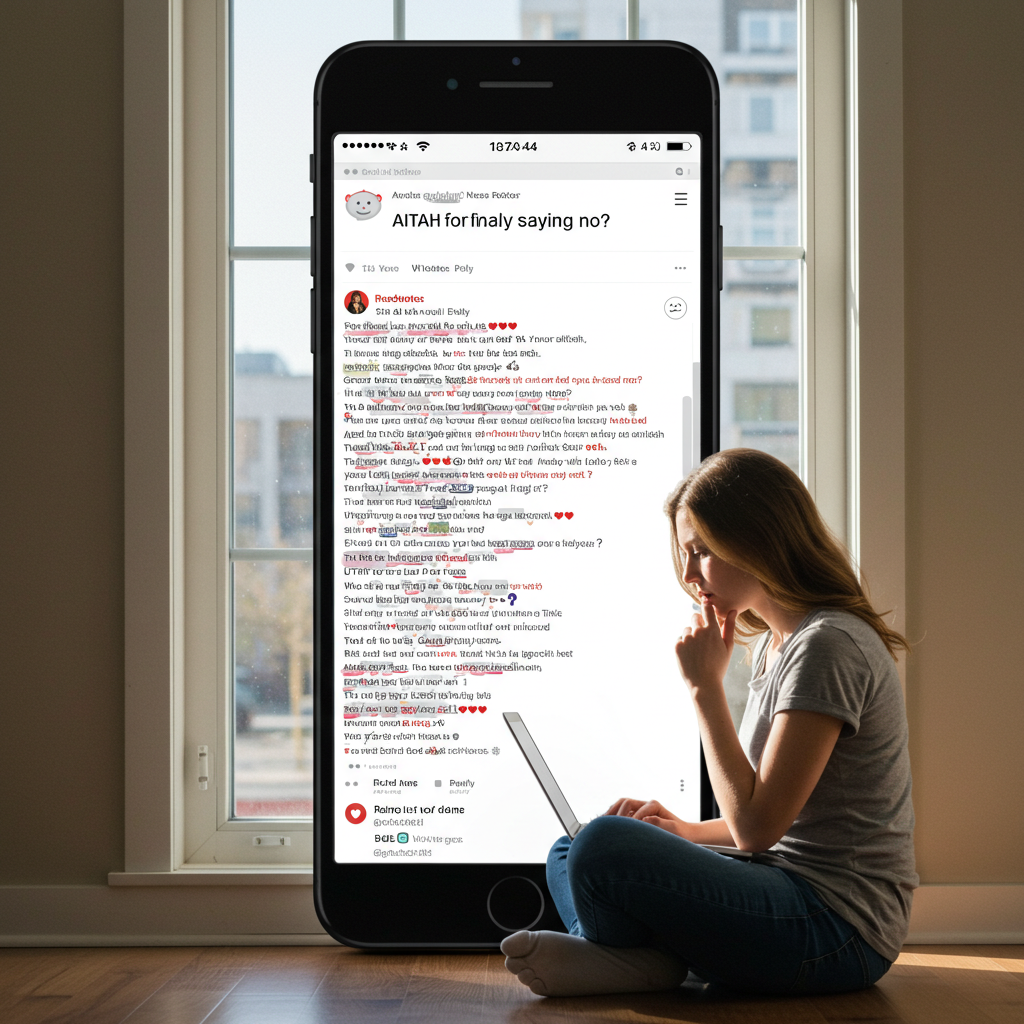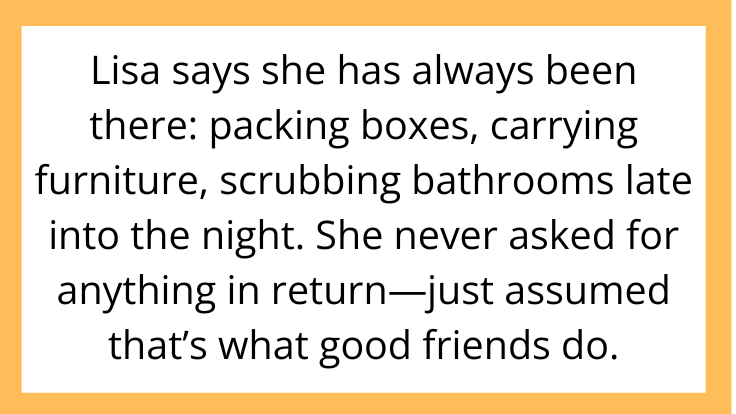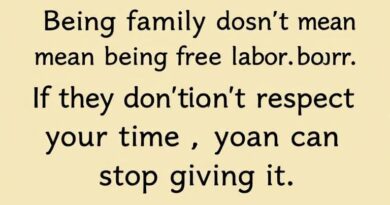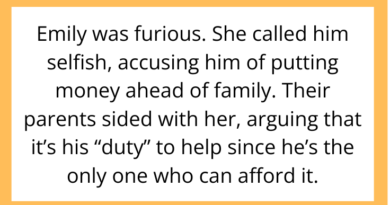AITAH for Refusing to Help My Best Friend Move Because I’m Tired of Being the Only One Who Ever Shows Up?
When friendships span decades, we often feel obligated to go above and beyond. But what happens when you realize the support isn’t mutual—and you’re always the one bending over backward?
In today’s AITAH scenario, a frustrated friend finally says no. Is she standing up for herself or just being petty?
Let’s dive into the details.
The Situation: The One Who Always Shows Up

The original poster—let’s call her Lisa—is a 31-year-old woman who’s been best friends with Megan since high school. Over the years, Megan has moved seven times. Every time, she’s asked Lisa to help.
Lisa says she has always been there: packing boxes, carrying furniture, scrubbing bathrooms late into the night. She never asked for anything in return—just assumed that’s what good friends do.
But when Lisa bought her first condo last year, Megan didn’t offer to help. She didn’t even show up on moving day. She texted once, saying she was tired after a long workweek and would catch up later.
Lisa was disappointed but let it go.
Fast forward to this month: Megan called in a panic. She had to move again—this time on short notice—and begged Lisa to help. When Lisa politely declined, saying she felt taken for granted, Megan exploded.
The Confrontation: “You’re Selfish!”

According to Lisa, Megan called her “selfish,” “petty,” and “a fake friend.” She insisted Lisa was punishing her for one time she couldn’t help and claimed she was “in crisis” and needed support.
Lisa tried to explain: she felt hurt by the pattern. Every time Megan needed something, Lisa dropped everything. But when Lisa needed help, Megan was nowhere to be found.
Megan wasn’t interested in hearing it. She hung up—and now they aren’t speaking.
Lisa posted on Reddit’s r/AITAH to ask: Am I the villain for finally saying no?
Why This Struck a Nerve Online

The story quickly blew up. Thousands of people related to Lisa’s experience of being “the reliable one,” only to realize the friendship was one-sided.
Commenters pointed out several issues:
-
Unequal Effort: It’s not selfish to expect reciprocity.
-
Manipulation: Megan’s guilt-tripping was emotional blackmail.
-
Pattern Recognition: One isolated incident can be forgiven—but a long-standing pattern of taking advantage deserves scrutiny.
As one top comment put it:
“AITAH? No. You’re a doormat who finally stood up.”
Still, some people sympathized with Megan. Moving is stressful, and sometimes people fall short despite their best intentions.
Boundaries Aren’t Betrayal

This story reveals an uncomfortable truth: boundaries can feel like betrayal to people who benefit from you not having any.
Lisa’s refusal wasn’t about revenge. It was about acknowledging that she felt exhausted and unappreciated.
Healthy friendships involve give and take. If you’re always the giver, it’s okay to step back.
What Lisa Could Have Done Differently

While most people supported her decision, a few suggested she could have:
-
Expressed her feelings earlier instead of letting resentment build.
-
Set clear expectations after Megan didn’t help her move.
-
Offered limited help (“I can help pack for an hour, but I can’t do everything”).
But ultimately, saying no is her right. Nobody owes unlimited labor to friends—especially when that effort isn’t reciprocated.
A Broader Lesson on Self-Respect

It’s easy to fall into the role of the dependable friend, especially if you pride yourself on being supportive. But constant self-sacrifice isn’t sustainable.
By standing up for herself, Lisa set an important precedent: her time and energy have value.
She didn’t end the friendship—she just declined to be taken for granted again.
Takeaway: You’re Not the Villain for Saying No

You are not obligated to keep showing up for someone who doesn’t show up for you. Setting a boundary isn’t the same as ending a relationship—it’s a way to protect your well-being and create healthier dynamics.
Lisa’s story is a reminder that sometimes the kindest thing you can do for yourself—and your friendships—is to be honest about what you’re no longer willing to tolerate.



